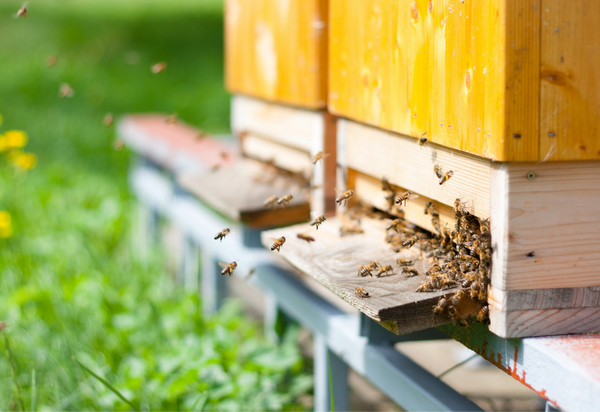Improving your diet doesn’t need to be challenging or feel like a chore. These simple, proven tips will add nutrition benefits and comfort to your eating – and they’re all easy to implement.
Get back to your roots
Winter root veg like parsnips, carrots and swedes are packed with fibre. And while fibre may not be fashionable, not only is it essential for keeping your digestive system ticking over, it’s also a must for your immune health. With more than 70 per cent of our immune system in the gut, fibre feeds good gut bacteria. These good bacteria help your body release important vitamins and minerals from food, including short chain fatty acids, which strengthen your bug-fighting barriers to the environment, such as the epithelial lining of the lungs and gut. So load up on seasonal root veg and start packing in that fibre.
Warm up
Research has shown warming foods can help you feel more connected and comforted,1 a must in the depths of winter, when your mood can flag. And in Ayurveda, the ancient medical system of India, one major principle is to eat right for the seasons – in winter, that means heavy, warming foods that keep you cosy. So don’t try to force down chilled juices and cold crunchy salads all winter. Go for healthy, healing soups, stews and curries with plenty of vegetables and pulses.
Think zinc
This mineral’s something of an immunity superstar. A Canadian review of studies2 found zinc could cut your risk of viruses and may shorten a cold’s duration if you have it at the first sign of symptoms. It’s thought to work by inhibiting the way the cold virus replicates, while also easing symptoms. You can find zinc in a range of foods, including shellfish, cashews and chickpeas.
Have a sweet something
In 2018, a review of studies published in the Saudi Journal of Biological Science described honey as a single food stuff that comprises many drugs.3 With anti-inflammatory, antibacterial, antifungal and antiviral properties, it’s no surprise honey was used traditionally as a medicine. And Manuka Honey has particularly powerful benefits. Why not look for a higher UMF-rated Manuka Honey to boost your winter wellness? UMF measures many ingredients in the honey including MGO which stands for methylglyoxal, and is the substance that gives Manuka Honey its special properties. All Manuka Honey is good, but the higher the UMF rating, the greater the anti microbial power. Try it in place of standard honey, or added as a sweetener to herbal teas.
Choose the right oil
Lots of research has shown the Mediterranean diet – with its olive oil, oily fish and fresh fruit and vegetables – is the most heart-healthy way of eating. But some research has also found eating this way may help boost your body’s defenses against bugs by soothing inflammation in the body.4 And a recent study showed it’s safe to cook with extra virgin olive oil at high temperatures. It was once thought to be unstable when heated but this new piece of research found extra virgin olive oil was actually the most stable of all the commercially available cooking oils, meaning it doesn’t produce toxic compounds at high heat.5
Be more veggie
Most of us are struggling to hit our five-a-day fruit and veg target. One of the simplest ways to manage it is to switch some of your meat for vegetables. You don’t necessarily have to go full veggie – just try going plant-based two or three days a week and make vegetables the centre of your meal, rather than a side. You could try a shepherdess pie, made with lentils, herbs and lots of chunky vegetables instead of mince – top it with mustardy sweet potato mash for extra nutrients and a delicious flavor. Or whip up a speedy stir-fry with mushrooms, cashews, baby corn and tofu.
Sources
1. Hamburg ME et al. Food for love. Front Psychol. 2014; 5: 32
2. Science M et al. Zinc for the treatment of the common cold: a systematic review and meta-analysis of randomized controlled trials. CMAJ July 10, 2012 184 (10) E551-E561
3. Khan SU, Anjum SI, Rahman K et al. Honey: Single food stuff comprises many drugs. Saudi J Biol Sci 2018 Feb; 25(2): 320–325
4. Puertollano MA et al. Olive oil, immune system and infection. Nutr Hosp. 2010 Jan-Feb;25(1):1-8
5. Nutr Hosp. 2010 Jan-Feb;25(1):1-8







